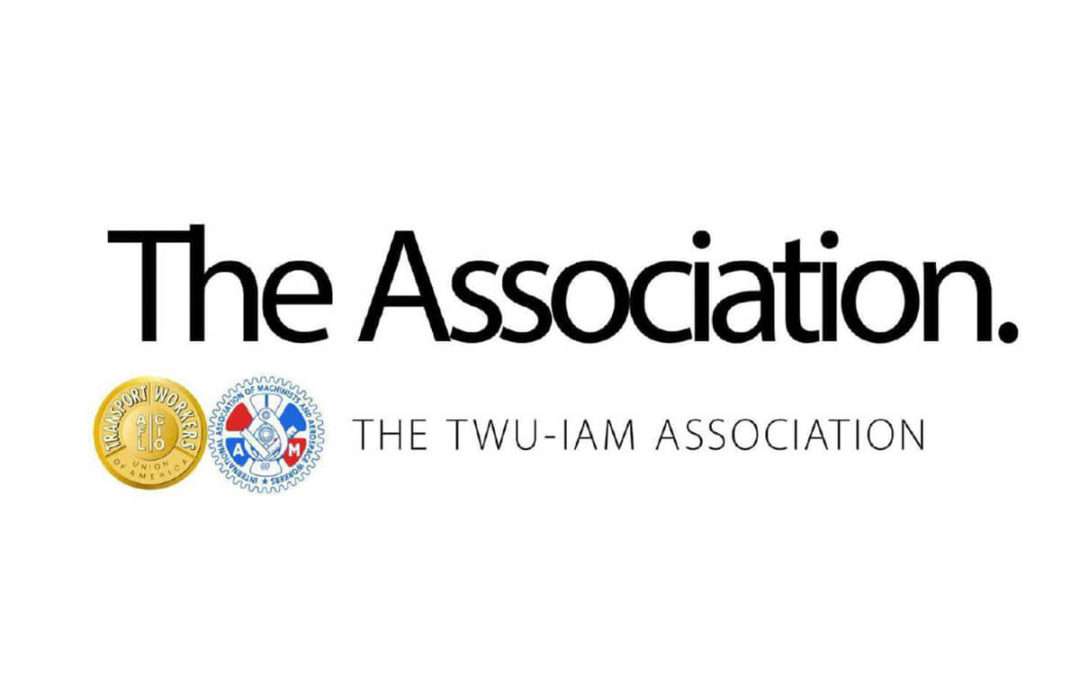
by Eric Price | Oct 29, 2024 | American, Featured, Featured News, Front Page, Other News, Perusals, Recent News, Row 2, The Association
October 29, 2024 RE: Economic Extension Vote Results Dear TWU-IAM Association Brothers and Sisters: The leadership of the TWU/IAM Association would like to thank you for your unity and participation in the 2024 JCBA Extension Ratification Vote. The Association...

by Eric Price | Oct 25, 2024 | American, Featured, Featured News, Front Page, Other News, Perusals, Recent News, Row 2, The Association
October 24, 2024 TO: Association Fleet Sisters and Brothers RE: AA Contract Extension Vote As a reminder, voting on the American Airlines contract extension opens at noon central on Friday, October 25th and closes at noon central on Tuesday, October 29th. Voting will...

by Eric Price | Oct 21, 2024 | Featured News, Front Page, Recent News, Row 2, Uncategorized
October 21, 2024 Re: American Airlines Contract Extension Vote TWU-IAM Association Brothers and Sisters: After working with BallotPoint Election Services company, the following schedule for the voting process for the American Airlines Economic Extensions to each...

by Eric Price | Oct 3, 2024 | Featured News, Front Page, retirement, Row 2
Honoring the Legacy of Ken Thiede Honoring the Legacy of Ken Thiede IAM141.org 3 October 2024 Local Lodge 1487 will be renamed in Honor of retired District President Ken Thiede. In a moving ceremony, Local President Tony Licciardi announced that Local 1487 in Chicago...

by Eric Price | Oct 3, 2024 | Community Service, Featured News, Front Page, Other News, Perusals, Recent News, Row 2
Celebrating Resiliance and Faith: Chicago Local Holds Awareness Luncheon Vic Payne, Respected Union Leader and Community Advocate, Dies at 79 IAM141.org 2 October 2024 Local 1487 Women’s Committee recently held its annual Breast Cancer and Domestic Violence...






